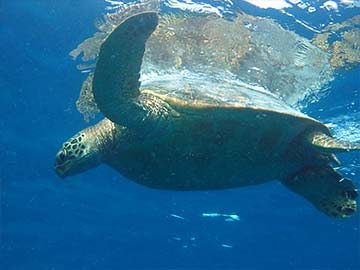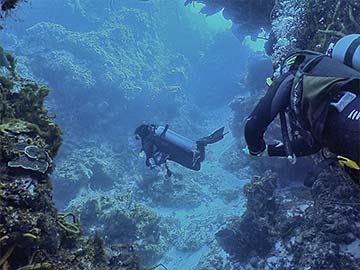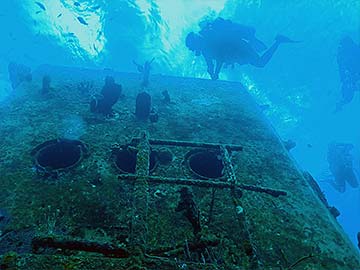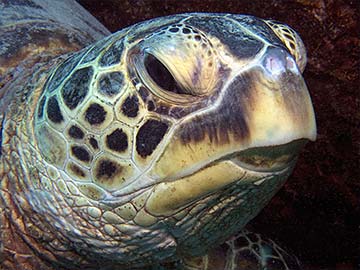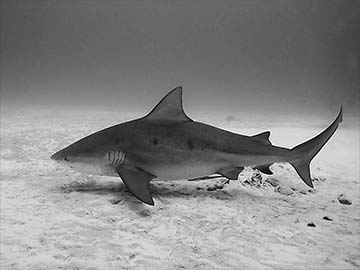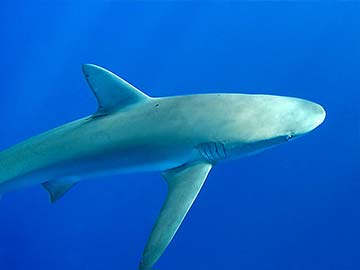 / LINKS & RESOURCES / DIVE PRO JOBS
/ LINKS & RESOURCES / DIVE PRO JOBSScuba Dive Pro
WORK, INTERN, VOLUNTEER, TRAINING
Like most industries these days, the employers in the scuba diving world are having a tough time finding employees. Not just finding good employees, but finding any employees. As the general public start to again travel more, dive shops are getting busier. In some parts of the world, things are as busy as ever. I know some employers that are so swamped, they need help but really don't have time to even review resumes. This can make things frustrating for everyone.
With a little research and a little luck, you can make it easy for an employer to take a chance on you. Hiring and training new staff is a demanding process. Likewise, starting a new job can be really difficult. Flying halfway across the world only to discover that your new boss, despite seeming cool in the interview, is actually a nightmare on the job... well, that's never fun.
Destination Planning & Research
Frankly, the best way to go work somewhere and have it be cool is to start with a list of things you are looking for with this position. Do you need to make money? Do you need to make more money than basic living expenses? What options are available for work, training programs, internships, or volunteer positions? All of these categories can be paid or unpaid, so what makes sense for you?
Do some research, and then do some more. Surf the web, check group pages and forums, email or call around to ask some questions, and figure out the basics about traveling to, living, and working there. What are the pros and cons? What is the typical pay? What else might be typically included working in that destination? How much is a room rental and food, basic cost of living? What is the political and social atmosphere there? Is it dangerous? How long can I stay? How long do I want to stay? How much will it cost to leave and go to the next place?
There are lots of questions, but narrow it down to two or three places you'd like to look into, to possibly relocate and expand your scuba diving professional qualifications and experience.
Scuba Snowbird
The great thing about scuba diving is that it is not entirely uncommon to work in two or even three different places in a year, follow the weather. Quite a few European dive professionals will work in the Mediterranean for the busy summer season, then head to a Caribbean island, or somewhere in Asia, to work the busy winter season there.
Good thing to check if there's a busy season of a few months, or is it more of a year-round destination? Tough to find work in the middle of hurricane season sometimes, but that might be a good time to go. Obviously, be safe about it, but showing up early is often the right time to be there. Employers want to hire and train their staff before the busy season starts up.
Foreign Work Visa / Work Permits
Typically, one must jump through a few extra hoops to get hired and work legally in another country. Some companies and industries are better setup for this, while other places, it's pretty much impossible to work unless you are a legal resident. Although a lot of people do things different ways, legal and otherwise, definitely do your research and due dilligence to ensure that you know and can accept the consequences of your actions.
Working internationally is certainly possible. It often means getting authorization to work in that location, such as a work visa. In other places, things are much more relaxed, and they don't worry about the formalities.
I do not recommend breaking, or even bending the law, when it comes to working in foreign countries. In some places, you may face serious fines, even jail time, or at the very least, immediate deportation. Sure, you might get away with it for a short time, but it might not be worth it in the long run.
If you're willing to follow the rules, and take a little time to jump through those hoops, you can work in most countries around the world. It might take some time, some money, an employer sponsoring your work visa, and again, for sure, you'll jump through some hoops. An employer willing to sponsor your work visa can make the process that much easier.
Workplace Discrimination
Say you are a skilled and experienced, average-looking instructor in your 40's, more than a few employers may be very hesitant to hire you. And although they might not outright say it, it's because of your age. And instead they give the job to some dingbat hottie in their 20's with minimal experience. Frankly, that employer is an idiot and you probably lucked out.
Although technically illegal in many countries, discriminating against applicants based on age, sex, race, and a wide variety of other so-called "protected classes" of people, well, frankly it happens all the time in the scuba industry, even in the good ol' USA. You can't sweat it, just look for employers that value your skills, personality, and experience.
Housing Included vs. Find Your Own Place
Therefore I don't recommend jobs where your housing is dependant on your job. Everybody goes into that new job thinking it's going to be great, but things don't always work out that way. If you lose your job, are you prepared to lose your housing too? Definitely have a backup plan so you're not stuck.
In some places, the employer-sponsored housing is literally the only option. Working in the Maldives, for example, you are most likely going to be staying in the resort's employee housing. Sometimes this is great, but again, if you quit or get fired, there goes your housing.
Typically, in most places, you should be prepared to pay for a local hotel, hostel, or other accommodations for several weeks before you find a place. There's a fine balance between short-term and long-term vacation rentals. Sometimes, you can easily get 60-80% off the nightly rate by booking for two-weeks or longer.
Job Details / Salary Expectactions
TDISDI Blog - Top Jobs in Scuba Diving
Scuba Job Boards / Job Listings
For recreational dive professionals (typically meaning, divemasters and instructors), there are a variety of web listing to look for scuba jobs. However, again, keep in mind that different countries and regions have different requirements in addition to simply having a current, active status with your certification agency. Good luck, safe ascents, and have fun!
SCUBA DIVING JOB LISTINGS
Facebook Groups
Diving Jobs All Around The World
Scuba Jobs and Pro Level Training




